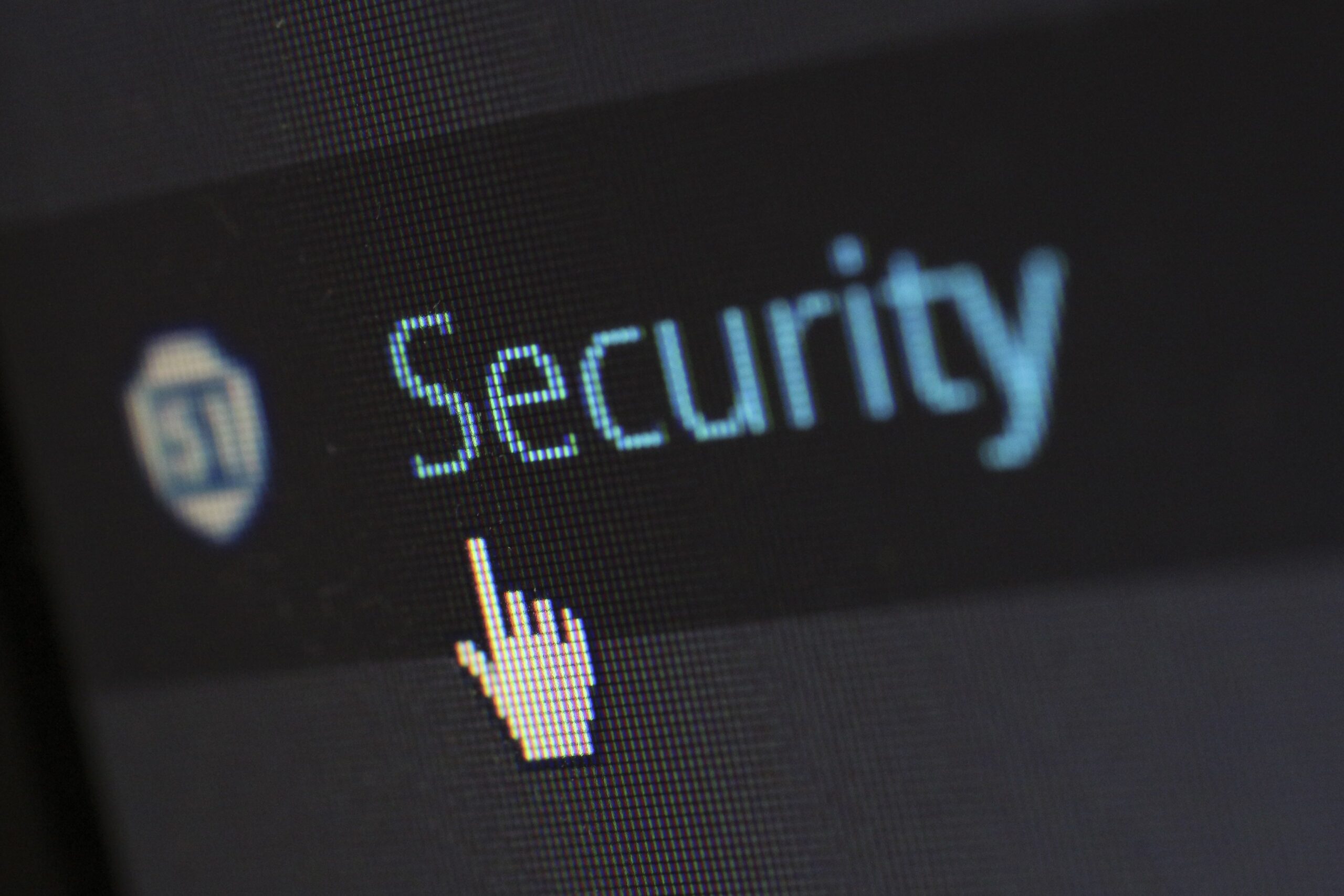Over 430 million people worldwide use PayPal to send and receive payments online. That’s why it’s a hot target for cybercriminals. But can they hack your PayPal account with your email address?
Just the idea is scary, right? But don’t panic!
The platform offers various security tools to safeguard yourself. Furthermore, you can avoid trouble by staying vigilant at all times.
If you’re still wondering how — count yourself lucky. We’re going to cover all the methods to harden your PayPal against hackers.
Let’s dive in!
Contents
Can someone hack your PayPal account with your email address?
Yes, cybercriminals can hack your PayPal using your email address. But it’s not as easy as it sounds. They need to employ additional techniques to break into an account. Common ones include phishing, credential stuffing, malware attacks, and more.
Even with PayPal’s cutting-edge security, hackers are still able to compromise vulnerable users. And the numbers don’t lie. Such incidents lead to annual losses of over a billion dollars.
Let’s break down how it happens.
How can my PayPal account get hacked?
As said above, cybercriminals employ different methods alongside PayPal emails to hack accounts. Here are some of the most common ones:
Phishing emails
Hackers usually rely on phishing emails to compromise PayPal users. Basically, they send messages that look like they come from legitimate representatives and customer service.
Additionally, they create a sense of urgency to convince recipients into acting fast. Examples include pending invoices, account issues, expiring subscriptions, etc.
Once you share your login credentials, you’ll lose control over your account, and consequently, your funds.
Malware attacks
Sometimes, the contents of phishing emails can include harmful links and attachments. When clicked, they may trigger remote monitoring malware to install.
Such attacks create a loophole that gives hackers full access to your device. Accordingly, they’ll be able to snoop on your PayPal account when you log into it.
Examples include remote access trojans (RATs), spyware, keyloggers, and more.
Shoulder surfing
PayPal also provides a passwordless option to access your account. You get a one-time password (OTP) to use as an alternative.
You’ll receive the code via the phone number linked to your profile. Sounds secure? Not as you think.

Some could exploit it using shoulder surfing. It involves snooping on the victim’s device to see what they’re doing.
Consequently, the person may trigger the OTP and access your account from their device.
Credential stuffing
Hackers may also attempt to access the platform with reused credentials. It mostly affects individuals that use the same login details across multiple apps.
PayPal recently reported a breach involving this technique affecting approximately 35,000 users. At the time of writing, the extent of the damage remains unknown.
Technically, the hackers can guess their way into your account without knowing your actual password. They can just use your stolen login credentials from other platforms to try their luck.
The question is…
What can a hacker do with my PayPal account?
A person that gets hold of your account can do serious damage. Here’s what you stand to face:
Financial loss
This one’s a no-brainer. Anyone with access to your PayPal can empty the available balance. It gets even worse if you’ve linked your credit card or bank details.
The intruder can transfer the money to their account in seconds. Of course, you’ll receive notifications about the transactions. You can report them but it’s never a guarantee that you’ll get your money back.
An intruder may opt to make unauthorized purchases using your PayPal. Given that’s widely accepted, finding a supported online store will be super easy. They can then deplete both your PayPal balance and bank account funds.
Seize the account
Losing your PayPal account comes with its fair share of additional inconveniences. A bad actor may change credentials and temporarily lock you out.
You’ll be in trouble if you use it to process recurring payments like subscriptions, memberships, and regular donations.
Use the account for fraud
Malicious actors can employ your account to transfer stolen funds from other PayPal users. Additionally, they can go through your transactions to find potential targets.
Here’s the scary part:
Hackers may also impersonate you to target people within your close circle. And this could soil your reputation beyond repair if it happens.
But rest assured — we’ve got solutions.
How to protect your PayPal account?
Losing your PayPal to hackers can be devastating. Luckily, you can avoid falling victim by following these tricks:
- Change passwords frequently: Changing passwords regularly reduces the chances of falling victim to credential stuffing. Ensure they’re at least twelve characters long. Moreover, they should include numbers, letters, and special symbols.
- Use a password manager: This tool eliminates the need to generate and remember complex passwords. It also offers secure cloud storage and syncing across multiple devices. It’s no wonder 25% of internet users find them convenient!

- Enable two-step verification: This feature stops anyone that has your credentials from easily accessing your account. It requires you to provide an OTP generated by authenticators from Google, Microsoft, and Authy.
- Set security questions: Update your security questions so you can regain the account after a breach. It also makes it difficult for intruders to reset your password without your knowledge.
- Install an antivirus: Invest in an antivirus to safeguard your device against malware. Some services also include a firewall to stop unwanted connections.
Additionally, remember to regularly monitor your account and report suspicious transactions immediately.
Summary
So, can someone hack your PayPal account with your email address? As you’ve seen above, it’s entirely possible!
Hackers keep coming up with innovative ways to compromise the platform’s users. But keeping a watchful eye can save you from their schemes. Moreover, our recommendations are all you need to protect your PayPal account.


